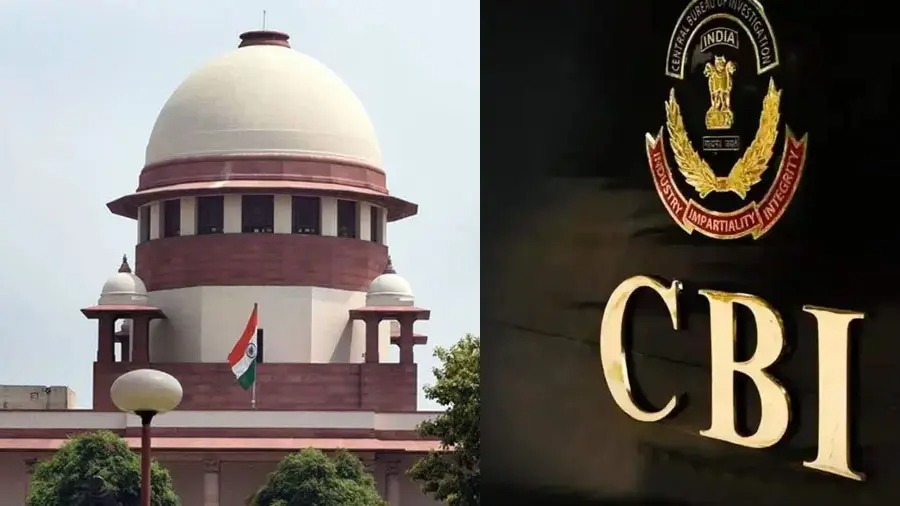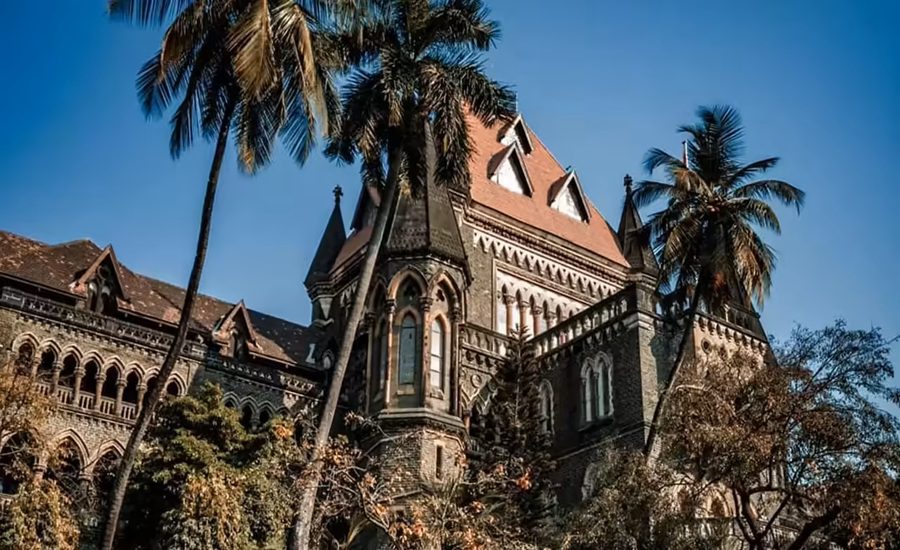Ajay Kumar Mittal, J.
CM No. 4901 of 2012
1. Written statement on behalf of respondents No. 1 to 3 filed along with the application is taken on record subject to all just exceptions. Office to tag the same at appropriate place. CM stands disposed of.
CWP No. 22233 of 2011
Petitioner has approached this Court by way of present writ petition under Articles 226/ 227 of the Constitution of India for issuance of a writ in the nature of mandamus directing respondents No. 1 to 3 to issue the electricity connection in khasra No. 131. The primary prayer is for quashing the order dated 23.8.2011 (Annexure p-4) whereby the order passed by the District Consumer Disputes Redressal Forum (in short the District Forum) has been upset by the State Consumer Disputes Redressal Commission, Haryana (in short the State Commission) on an appeal filed by respondent No. 2.
Upon notice, written statement has been filed wherein preliminary objection has been taken stating that u/s 21(b) of the Consumer Protection Act, 1986 the petitioner has remedy of challenging the order passed by the State Commission before the National Commission.
2. Similar issue came up for consideration of this Court in CWP No. 3476 of 2012 (Directorate of Social Justice and Empowerment, Haryana v. The State Consumer Disputes Redressal Commission) wherein, following the judgment of the Apex Court in Nivedita Sharma v. Cellular Operators Association of India and others, Civil Appeal No. 10706 of 2011, decided on 7.12.2011, this Court observed as under :-
4. The issue regarding challenging the orders passed under the Consumer Protection Act, 1986 (in short, "the 1986 Act") by the District Forum or the State Commission came up for consideration before the Apex Court in Nivedita Sharma v. Cellular Operators Association of India and others, Civil Appeal No. 10706 of 2011, decided on 7.12.2011 whereunder after analyzing the various provisions of the Act, the Apex Court pronounced as under: -
A reading of the plain language of Section 17 shows that every State Commission has the jurisdiction to entertain complaints where the value of the goods or services and compensation, if any, claimed exceeds Rs. 20 lacs but does not exceed Rs. 1 crore. By Section 18, the provisions of Section 12 to 14 and the Rules made thereunder, for the disposal of complaints by the District Forum, have been made applicable for deciding the disputes by the State Commission. Section 19 provides for remedy of appeal against an order made by the State Commission in exercise of its powers under sub-clause (i) of Clause (a) of Section 17. If Sections 11, 17 and 21 of the 1986 Act which relate to the jurisdiction of the District Forum, the State Commission and the National Commission, there does not appear any plausible reason to interpret the same in a manner which would frustrate the object of legislation.
What has surprised us is that the High Court has not even referred to Sections 17 and 19 of the 1986 Act and the law laid down in various judgments of this Court and yet it has declared that the directions given by the State Commission are without jurisdiction and that too by overlooking the availability of statutory remedy of appeal to the respondents.
We also find that the High Court has taken cognizance of the statement made on behalf of the counsel for the petitioners that their clients would challenge clause (iii) of para 38 of the State Commission''s order by filing an appeal u/s 19 of the Act and the fact that one of the aggrieved parties, namely, American Express Bank Limited has already filed an appeal questioning paragraph 38(iii) of the order of the State Commission. After having noticed that some of the petitioners were inclined to avail the remedy of appeal against the particular portion of the order passed by the State Commission, the High Court should not have entertained the writ petition filed under Article 226 of the Constitution and the miscellaneous petitions filed under Article 227 of the Constitution and directed them to avail remedy of appeal u/s 19 of the 1986 Act.
In view of the above, the present writ petition is disposed of by granting liberty to the petitioner to approach the National Commission In accordance with law.

